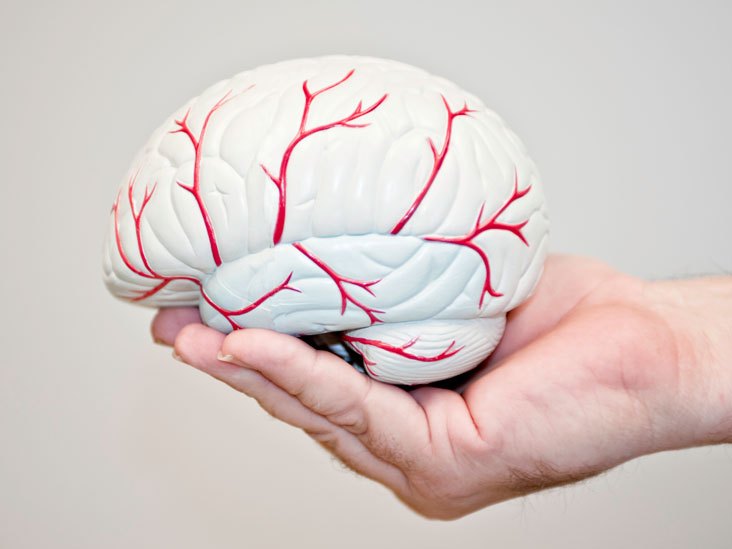A team of Swedish researchers at the University of Gothenburg examined the effect of endogenous estrogens on the risk of developing dementia in an effort to explain why women are more likely to develop the condition after the age of 85.
In their study, published in the journal Alzheimer’s & Dementia, the Swedish-based team evaluated over 1,350 women between 1968 through 2012 as part of the Prospective Population-based Study of Women in Gothenburg and the Gothenburg H70 Birth Cohort Studies in Sweden.
During the study, researchers targeted the reproduction period, which falls anywhere between the initial menstruation cycle, or menarche, and the span of which menstruation ends.
What researchers noticed was that the participants with a shorter reproductive period had a lower risk of developing dementia in comparison to the women who were fertile for a longer duration. About 16 percent of the participants with a shorter reproductive period went on to develop dementia, while 24 percent did among the participants of the other group.
According to researchers, the results were consistent even after adjusting for other factors such as fitness, body mass index, substance use, educational attainment, and even cardiovascular disease.
“Dementia was diagnosed according to established criteria based on information from neuropsychiatric examinations and close informant interviews,” the co-authors explained in their article.
“We found that longer reproductive period was associated with increased risk of dementia and Alzheimer’s disease, particularly for those with dementia and onset after age 85,” the findings determined.
“These results may explain why women have higher dementia incidence compared to men after age 85, the age with the highest number of dementia cases,” the co-authors concluded in their findings.
The study, led by Jenna Najar, was financed by the Swedish state in coordination with the Swedish government, the county councils, and various organizations.


